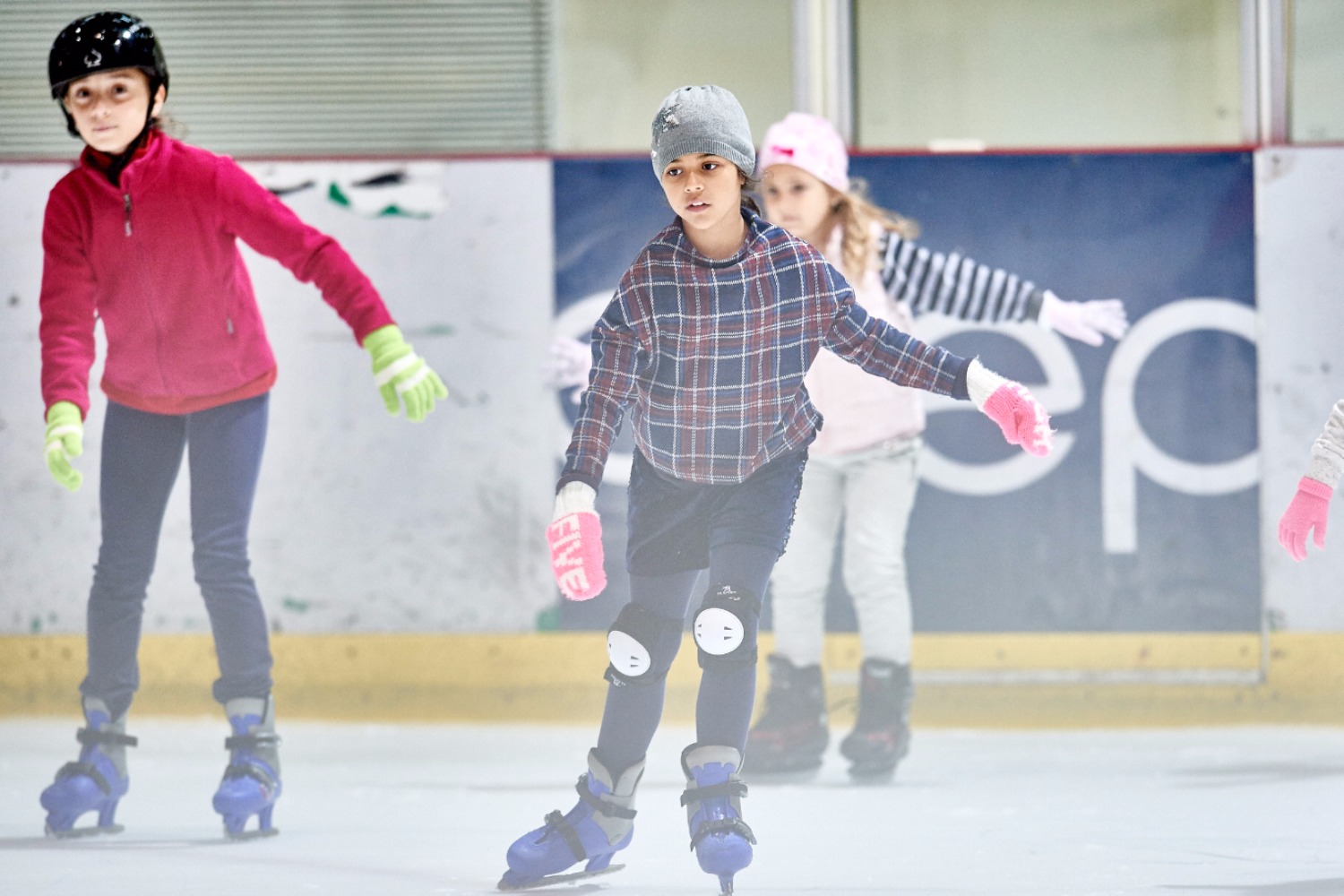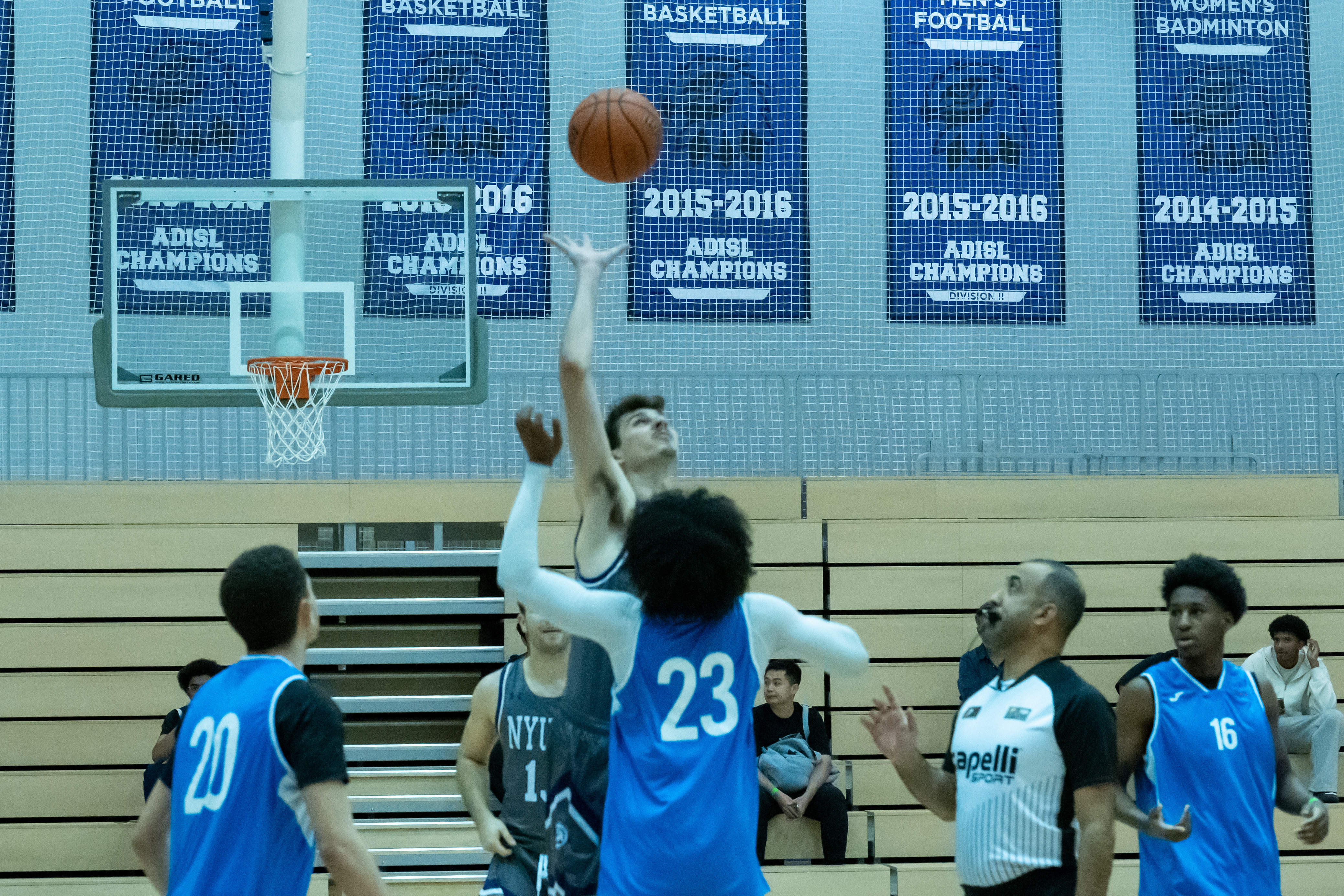Beyond the Physical: How Sports Really Impact Your Child

The physical benefits of playing sports are well-known. If your kid regularly plays any sport, they’re getting fitter and stronger. They’ll be improving balance and flexibility, too, and as a result, they will have a healthier heart, be less likely to be overweight, and decrease their risk of developing a slew of serious health conditions.
However, many people are less aware of just how much positive impact sports can have on their child’s social and psychological being. Signing up for sports coaching for kids is also brilliant for boosting a young one’s “soft skills", which are the skills required to live happy, purposeful lives within the community.
In fact, these are just a few of the wide-ranging social and psychological benefits of sports.
The Social Benefits
Friendship
In both team and individual sports, there are opportunities to forge new and lasting friendships. Because a high-quality sports training academy will attract players from different schools and areas of the city, these bonds can create a new social circle outside of school and oftentimes with a more diverse group.
Many adults who played sports as a child still maintain friendships from this time; the bond created is very strong.
Solidarity and Teamwork
The saying “There is no ‘I’ in ‘team’” bears great importance in sports. Working together on a common goal, like winning a game, creates bonds and fosters camaraderie. Even when a child is involved in an individual sport, they will realise that it is their teammates who challenge them and that they would be unable to reach their goals without relying on and supporting others. Through sports, children will quickly learn that much more can be accomplished when they set aside differences and work together.
Mentorship
Through sports, children have access to many positive role models like professional sports coaches, team captains, older players, and professional athletes who will model good behavior that your child will want to emulate. Coaches, in particular, can make a really positive contribution to a child’s life in this way.
Respect for authority
No matter the sport, they all have rules of play and an authority figure who ensures they are adhered to in common. Learning to stick to the rules and accept an umpire or referee’s decision is a vital aspect of playing a sport. Players are usually disciplined via a time-out or assessed penalties if rules are broken, and poor attitude towards the ref is not tolerated.
This rigid framework is great for teaching kids self-discipline and to respect authority, a lesson they can apply in school and throughout life and they learn how to approach situations they may be frustrated by with grace.
Understanding commitment
Whether your child chooses a team or individual sport, they’ll stand to gain from the commitment they make. Their play will improve over time and with practice, and children will learn that good things come from dedication and application of effort.
If they play a team sport, they’ll see that their individual effort makes a huge difference to their team, too. It is not simply the result of the match, but the contribution that they make that is important.
The Psychological Benefits
Sports help develop patience
Patience is something we expect children to learn at a fairly young age. Sports offer many opportunities to develop patience: from waiting for full instruction before starting a drill, to supporting a struggling teammate, to learning that mastering a new skill takes time and effort.
Sports help children manage emotions
Sooner or later, your child will lose a game. And that’s a good thing. They will likely feel disappointment, frustration, anger and other uncomfortable emotions when they lose a match. All these emotions are completely normal and natural, but children need to learn to express them in a composed, non-aggressive manner.
By following the examples of role models like coaches and older players, children can learn sportsmanship and how to win or lose with dignity and integrity. This is a lesson they can apply outside of sports when faced with any kind of adversity or disappointment in life.
On the flip side, while there is no need to suppress positive emotions after a success, they will learn to empathise with others who have not achieved it.
Sports teach resilience
Learning to bounce back after defeat is one of sports’ greatest lessons. In sports, children have to get right back up after a knockdown and carry on with even more determination. Over time, they’ll develop tenacity and resilience, both brilliant traits to carry into adulthood.
Sports cultivate confidence
A few simple words like “Great game!” or “Well-played!” can mean everything to a child. Although it’s easy for a child to focus on winning or losing at first, with your support, as well as their coach’s support, they’ll soon realize that their efforts are admired whether they win or not.
The unconditional support and encouragement children get from adults and teammates can help raise their self-esteem. Of course, there’s no denying a big win can offer a big confidence boost, too.
Sports help develop analytical and decision-making skills
Whatever sport your child participates in, they’ll have to make fast decisions: where to hit the ball on the court, whom to pass to, whether to take the shot or not. This will require quick analyses of the situation.
Learning how to make decisions under pressure from a young age will not only boost confidence and self-belief. It’ll also help prepare them for the stresses of professional life and foster leadership skills for the future.
As well as being a great contributor to physical health, sports should be seen as great contributors to good mental health, too. The social skills and psychological benefits are wide-ranging and far-reaching. So much can be learned through sports that will go a long way in helping children prepare for the personal and professional pressures of adult life.
Recent Posts

1,600 athletes set to compete at the University Games

The largest ball pit was achieved by Abu Dhabi Entertainment Company

Organised by Abu Dhabi Entertainment Company, Mansour The Festival to take place in the emirate

UAE Launches First University Games in Abu Dhabi

